10 Powerful Strategies for Effective HR Management
In today’s fast-paced business environment, effective HR management is crucial for organizational success. This blog explores 10 powerful strategies that HR leaders can implement to enhance their practices and drive performance.
Introduction
Human Resources (HR) plays a pivotal role in shaping the workplace culture and ensuring that organizations can attract, retain, and develop talent. As the landscape of work evolves, so too must the strategies employed by HR professionals. Here, we delve into ten strategies that can significantly improve HR management.
1. Embrace Technology
Technology is transforming HR management. By leveraging tools such as HR software, applicant tracking systems, and employee engagement platforms, HR leaders can streamline processes and enhance decision-making. For instance, using AI-driven recruitment tools can help identify the best candidates faster.
Benefits of HR Technology
- Increased efficiency in recruitment and onboarding.
- Enhanced data management and reporting capabilities.
- Improved employee engagement through digital platforms.
2. Foster a Positive Work Culture
A positive work culture is essential for employee satisfaction and retention. HR leaders should actively promote values such as respect, collaboration, and transparency. Regular team-building activities and open communication can significantly enhance workplace morale.
Creating a Supportive Environment
Encouraging feedback and recognizing employee achievements can foster a sense of belonging and motivate teams to perform at their best.
3. Invest in Employee Development
Continuous learning opportunities are vital for employee growth. Organizations should offer training programs, workshops, and mentorship initiatives to help employees develop their skills and advance their careers.
Examples of Development Programs
- Leadership training for high-potential employees.
- Technical skills workshops tailored to specific roles.
4. Enhance Recruitment Processes
Effective recruitment is the foundation of a strong workforce. HR leaders should refine their recruitment strategies by creating clear job descriptions, utilizing diverse sourcing channels, and implementing structured interview processes.
Utilizing Data in Recruitment
Data analytics can help identify the most effective recruitment channels and improve candidate selection.
5. Implement Flexible Work Arrangements
Flexibility in the workplace is increasingly important. Offering options such as remote work, flexible hours, and hybrid models can attract top talent and improve employee satisfaction.
Benefits of Flexibility
- Increased productivity and job satisfaction.
- Reduced turnover rates.
6. Prioritize Employee Well-being
Employee well-being should be a top priority for HR leaders. Implementing wellness programs, mental health resources, and work-life balance initiatives can contribute to a healthier workforce.
Wellness Program Examples
- Fitness challenges and health screenings.
- Access to counseling services.
7. Utilize Data Analytics
Data analytics can provide valuable insights into employee performance, engagement, and retention. HR leaders should leverage analytics to make informed decisions and tailor strategies to meet organizational needs.
Key Metrics to Track
- Employee turnover rates.
- Engagement survey results.
- Training effectiveness.
8. Encourage Diversity and Inclusion
Diversity and inclusion are critical for fostering innovation and creativity in the workplace. HR leaders should implement initiatives that promote diverse hiring practices and create an inclusive environment.
Strategies for Inclusion
- Unconscious bias training for hiring managers.
- Employee resource groups to support underrepresented employees.
9. Establish Clear Communication
Clear communication is essential for effective HR management. HR leaders should ensure that policies, expectations, and feedback are communicated transparently to all employees.
Tools for Effective Communication
- Regular town hall meetings.
- Internal newsletters and updates.
10. Measure and Adapt
Finally, HR leaders must continuously measure the effectiveness of their strategies and be willing to adapt. Regular assessments and feedback loops can help identify areas for improvement.
Implementing Change
Utilizing employee surveys and performance metrics can guide HR leaders in refining their approaches.
Conclusion
Implementing these 10 powerful strategies for effective HR management can significantly enhance organizational performance and employee satisfaction. By embracing technology, fostering a positive culture, and prioritizing development, HR leaders can create a thriving workplace that attracts and retains top talent. For more insights on HR technology, visit our AI Agents page or explore our pricing options.














